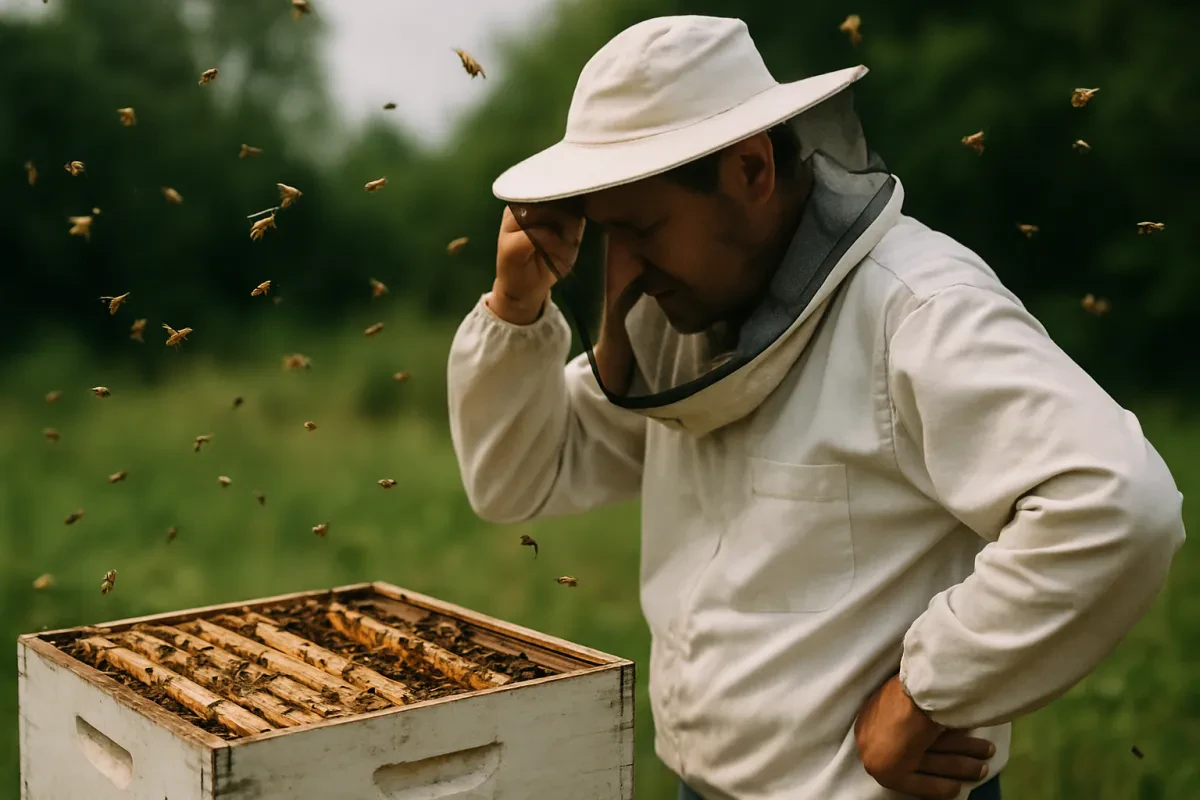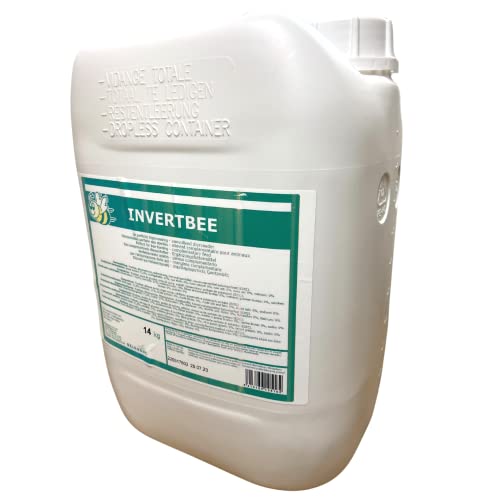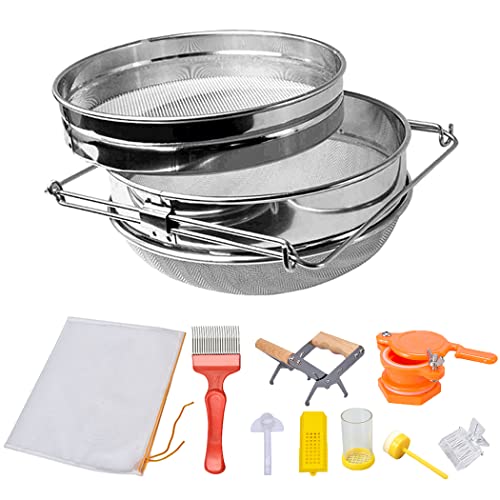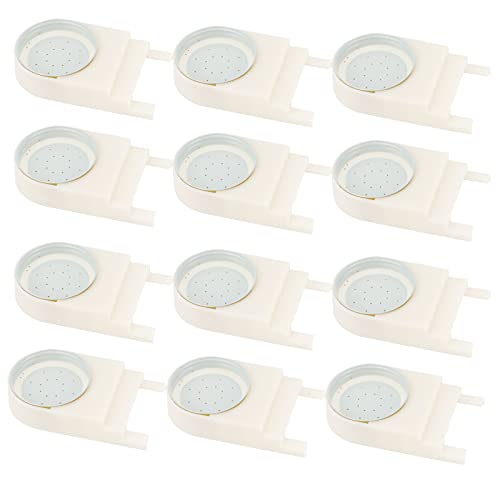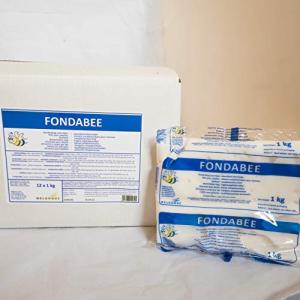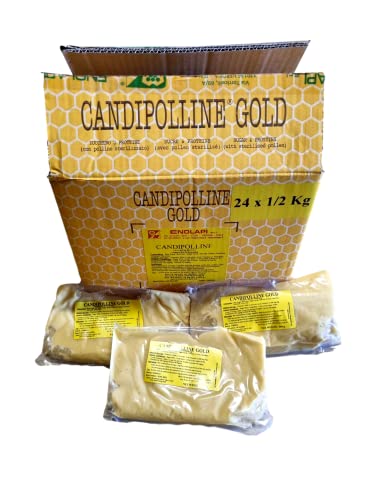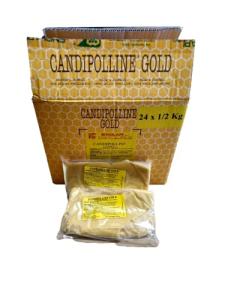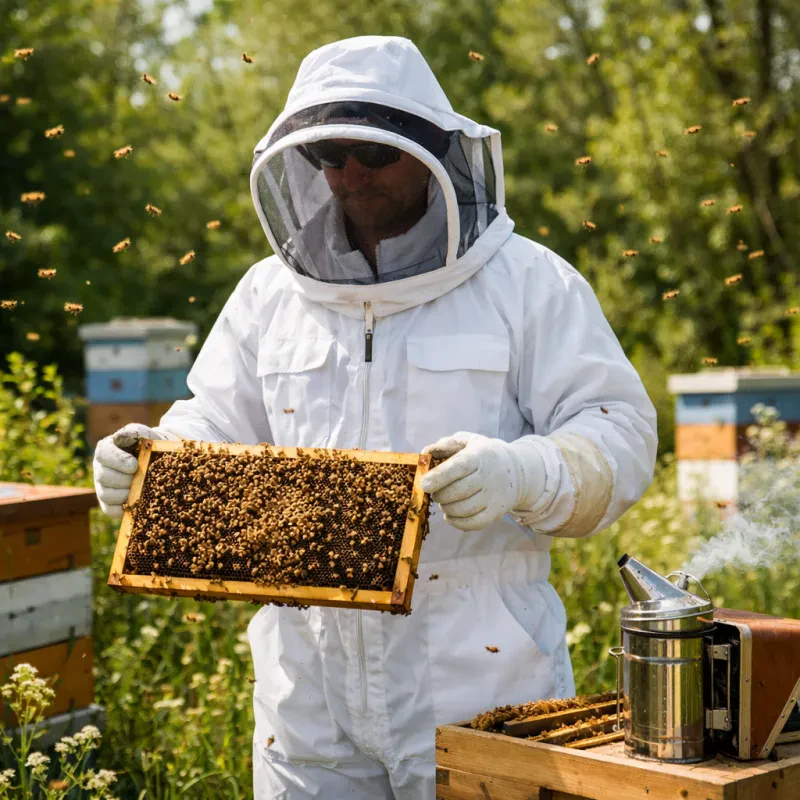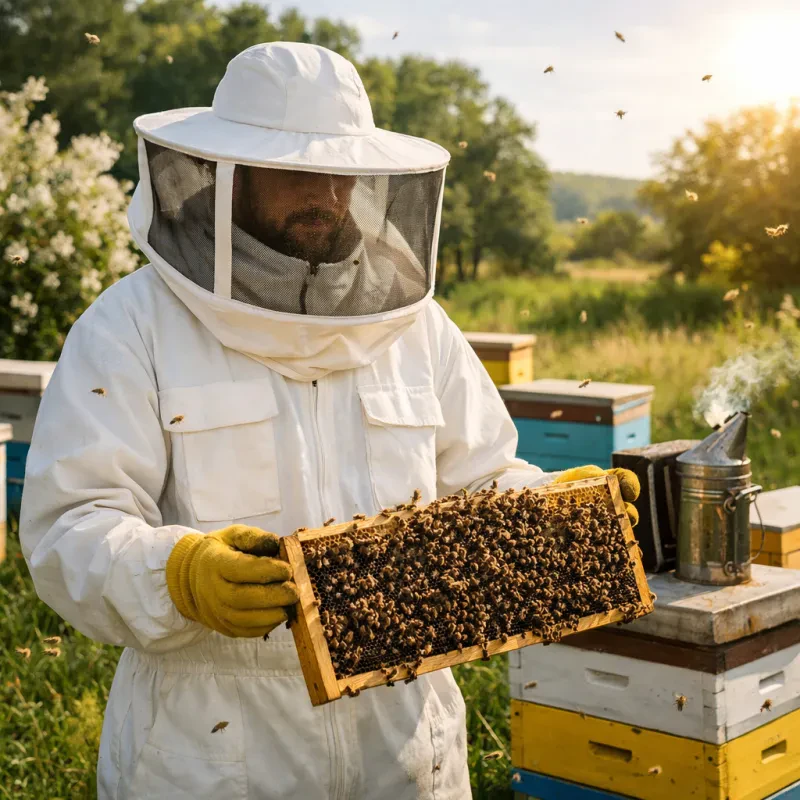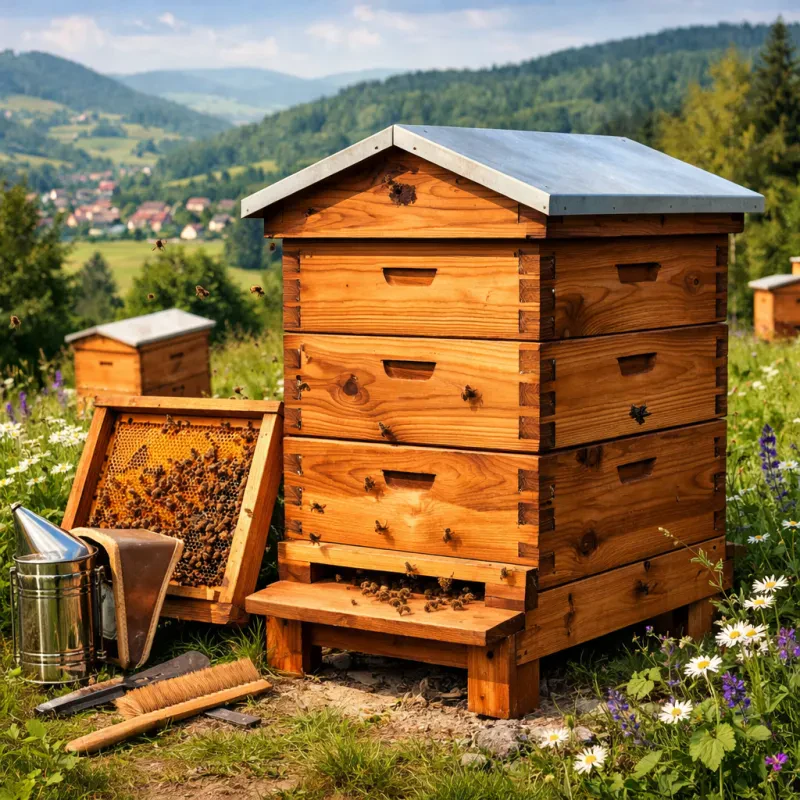Getting into beekeeping is exciting, but it can be a bit tricky too. Many newbies stumble into some common traps that can impact their hives. Let's talk about the top bee keeping mistakes to avoid so you can give your bees the best home possible.
One big mistake is overreacting to bee behavior. If your bees are acting a little wild, it doesn't mean you're doing something wrong. They can get grumpy from time to time! Often, it’s just the weather, or maybe they’re protecting their hive. Take a step back before you make any rash decisions. Patience goes a long way when it comes to managing your bees.
Another common misstep is neglecting hive inspections. Skipping these check-ups can lead to problems like disease or pests going unnoticed. Plan regular inspections to keep your bees healthy and happy. A quick visual check often saves you from bigger issues later on.
Some new beekeepers also think they need to feed their bees sugar syrup all the time. While feeding can be helpful, overdoing it can lead to other problems. Your bees should have a source of natural nectar available. Give them a chance to thrive on their own, but keep an eye on their food supply during tough seasons.
Lastly, not learning about your local environment can be a setback. Every region has its own set of challenges, and knowing what’s blooming or when pests are active makes a huge difference. Research local flora and climate to better understand what your bees will face throughout the year. This knowledge can help you make smarter decisions and avoid those common bee keeping mistakes to avoid.
Ignoring Bee Health and Nutrition
Just like us, bees need a balanced diet to stay strong. They thrive on nectar and pollen, but sometimes they don’t have access to the right plants. Make sure your bees can find nutritious flowers throughout the seasons. If they’re not getting enough food, they can become stressed, which leads to weaker hives and less honey.
Regularly checking on your bees’ health is key. Look out for signs of diseases and pests. Keep your hive clean and monitor for issues like Varroa mites. A small bug can wreak havoc on your colony. If you spot a problem early, you can tackle it right away, saving your bees from serious harm.
Another big point to remember is to provide your bees with enough water. Bees need water for hydration and to help regulate the hive's temperature. Make sure there are clean, accessible water sources nearby. You want your bees happy and healthy, ready to bring in all that sweet honey!
14Kg Bee Food Syrup for Beekeeping Ready to Use
Premium quality 14Kg Bee Food Syrup Perfect for Beekeeping, Already Prepared and Ready to Use
Product information
£56.85
Product Review Score
4.46 out of 5 stars
121 reviewsProduct links
Neglecting Hive Inspections Regularly
Skipping regular hive inspections is one of the biggest bee keeping mistakes to avoid. You might think it saves time, but it can lead to some serious problems down the line. Bees are pretty good at communicating, but they can’t speak up when something’s wrong. If you don’t check in on them regularly, you miss out on signs of trouble.
During inspections, you can spot issues like pests, diseases, or even the queen’s declining performance. Catching these problems early means you can take action before it’s too late. If a hive gets too sick or overrun by pests, it can collapse fast, and you could lose all your hard work.
Plus, regular inspections give you a chance to see how your bees are doing. You’ll learn about their behavior and health, which helps you become a better keeper. It’s a great way to connect with your bees and understand their needs. So, make it a point to mark those inspection dates on your calendar.
Remember, skipping these inspections isn't just a minor oversight, it's one of those bee keeping mistakes to avoid at all costs. Your bees will thank you, and you'll enjoy better honey yields and a happier hive overall!
Beekeeping Tool Kit: Honey Harvesting Essentials Set
Get all the necessary tools for honey harvesting with our comprehensive Beekeeping Tool Kit
Product information
£23.10
Product Review Score
4.17 out of 5 stars
75 reviewsProduct links
Choosing the Wrong Location for Hives
Choosing the wrong location for your hives is one of those bee keeping mistakes to avoid if you want a successful setup. Location matters more than you might think. Hives need to be placed in a sunny spot, away from strong winds, and near a steady food source. If you put them in a shady or overly windy area, your bees might struggle to thrive.
Also, think about what’s around your hives. If there are lots of flowering plants nearby, that’s great! But if there’s a lot of pesticide use in the area, your bees could be in trouble. Pick a spot where they can find good forage without too much chemical exposure. This is crucial for their health and productivity.
Water is another super important factor. Bees need access to clean water, so placing your hives near a source, like a pond or a birdbath, helps. Just make sure they can easily reach it without getting stuck or drowning. You don’t want to make it hard for your bees to stay hydrated.
Finally, think about accessibility. You’ll want to check on your hives frequently, so make sure they’re easy to get to. If you have to hike through thick brush or navigate tricky terrain every time you want to inspect them, you might skip it. Make your life easier by choosing a location that’s convenient for you and your bees.
